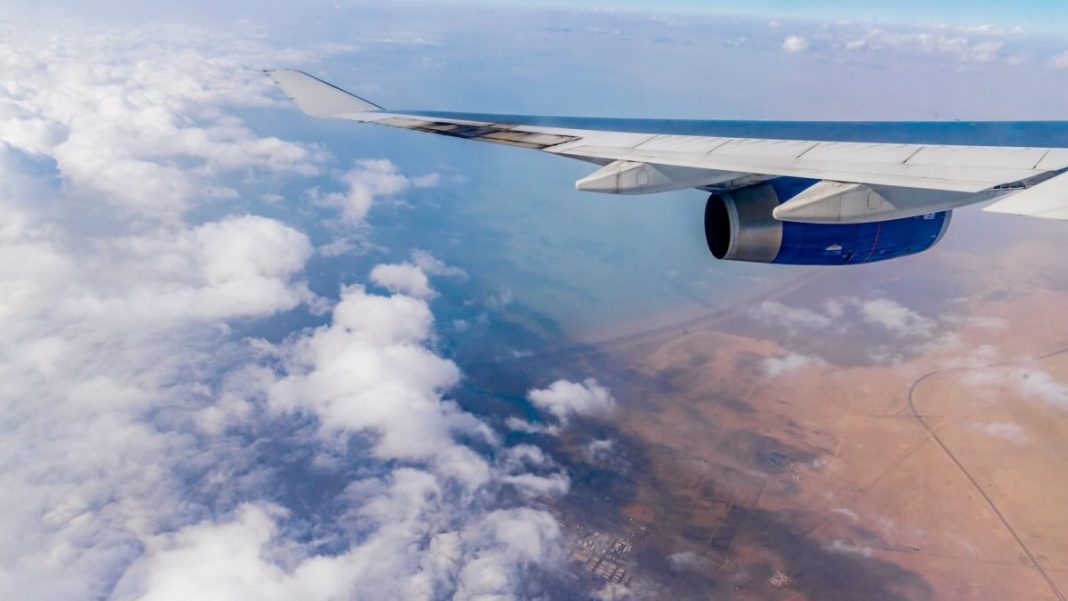The number of flight cancellations in the United States last year was notably up, according to the Department of Transportation airline performance data.
The same notes that overall, between 2.69 percent and 2.71 percent of flights were suspended last year, accounting for the highest cancellation rate in a decade, except for 2020 due to COVID-related restrictions, VisaGuide.World reports.
Apart from 2020, the overall suspension of flights rate has been below 2 percent every year since 2015.
A report provided by USA Today reveals that summer storms, as well as staff shortages, led to the increased number of flight cancellations in the US last year.
In addition, bad weather conditions also forced airlines to cancel more flights after they “shuffled to get crews back into place.”
It was noted that in June, a total of 3.1 percent of flights were canceled, marking a further decrease in July to 1.8 percent and 2.8 percent in August.
In December last year, the number of flight cancellations for US airlines was 5.4 percent, caused mainly by Southwest Airlines, which was obliged to cancel about 17,000 flights, the majority of them during the week between Christmas as well as New Year.
The data provided by the DOT reveals how the largest airlines ranked regarding the number of canceled flights last year:
- Hawaiian Airlines and its partners – 0.92 percent of flights canceled
- Delta Air Lines and its partners – 2 percent of flights canceled
- Alaska Airlines and its partners – 2.16 percent of flights canceled
- United Airlines and its partners – 2.71 percent of flights canceled
- American Airlines and its partners – 2.81 percent of flights canceled
- Frontier Airlines – 2.87 percent of flights canceled
- Spirit Airlines – 3 percent of flights canceled
- Southwest Airlines – 3.26 percent of flights canceled
- Allegiant Air – 3.52 percent of flights canceled
- JetBlue Airways – 3.74 percent of flights canceled
Previously the US Department of Transportation, through a statement, recalled passengers that they should keep in mind that airlines do not guarantee their schedules, warning about the difficulties that passengers can face.
It emphasized some problems, such as bad weather, as well as air traffic delays, are hard to predict.
“In the United States, airlines are not required to compensate passengers when flights are delayed or canceled. Compensation is required by US law only when certain passengers are ‘bumped’ from a flight that is oversold,” the statement reads.
The US Department’s rules related to flight delays as well as cancellations only include flights that operate to or from the United States.
